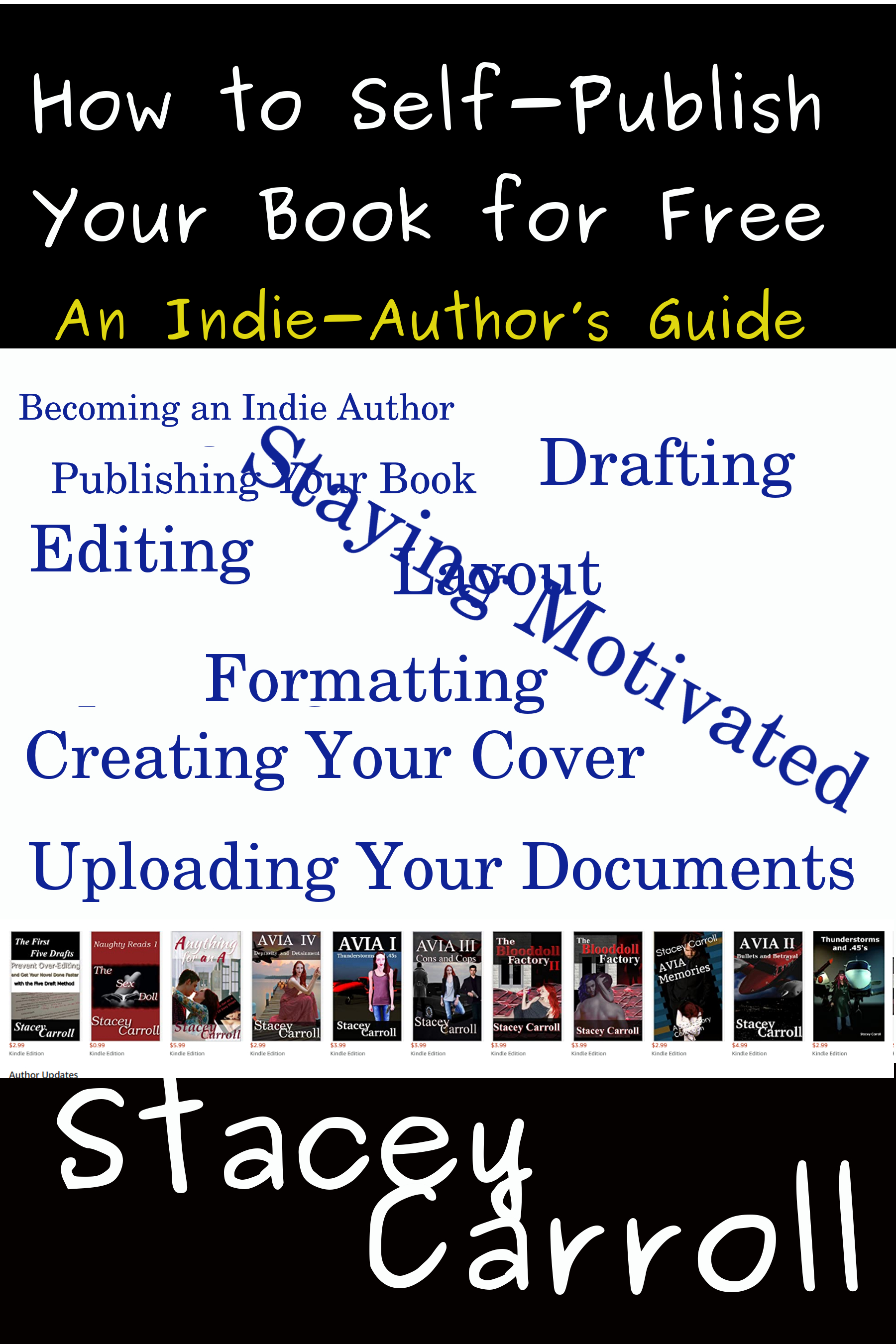- Details
- Hits: 880
Self-publishing has opened doors for thousands of authors to share their voices, tell their stories, and build successful careers on their own terms. But even with its growing legitimacy, self-published authors still face criticism, dismissal, and outright insults—often from readers, gatekeepers, or even traditionally published peers.
Whether it's someone implying you're "not a real writer" or attacking your book’s quality before reading a page, the hate can be disheartening. But you don’t have to internalize it.
This guide covers the most common insults thrown at self-published authors, explains where they come from, and offers smart, empowered ways to shut them down without losing your cool.
Read more: Common Insults Thrown at Self-Published Authors—And How to Defeat the Hate
- Details
- Hits: 872
If you're a first-time author preparing to publish your book, you’ve likely run into one of the most intimidating tasks: creating a professional-looking book cover. For many, the logical choice is to hire a cover artist, especially if you’re unfamiliar with graphic design or where to find royalty-free images. And if you're working with a tight budget, you may be tempted to go with the cheapest cover art designer you can find.
But is hiring a cheap designer the right move? Will the results help your book sell—or turn potential readers away?
In this guide, we’ll explore the pros and cons of hiring a cheap cover artist so you can make an informed decision that fits your goals and budget as a new author.
Why Book Cover Design Matters
Before diving into costs, let’s establish one key truth: book covers matter—a lot.
Your book cover is your first impression. It communicates genre, tone, and professionalism in a split second. Whether you’re self-publishing a novel or launching a nonfiction guide, your cover can determine whether a reader clicks "Buy Now" or scrolls past.
In today’s competitive market, a cheap-looking or poorly designed cover can do more harm than good.
Read more: Pros and Cons of Hiring a Cheap Cover Art Designer: A Guide for New Authors
- Details
- Hits: 1158
You’ve spent countless hours writing, editing and getting your book as perfect as it can possibly be so that you can publish it. If you’re like most writers, your first thought is to hire a well-known editor, find an agent or market your book directly to publishers. The truth is that these options can be expensive and/or time-consuming. If you want to publish your book ASAP, your best bet it to switch gears and publish it yourself. Let’s take a look at why it’s a good idea to rely on yourself for all your publishing needs and not someone else.
The Human Lifespan Is not Infinite
Do you really have six months to wait, a year, two years, five years or even ten years to wait for your book to hit the market? In some instances, it may take you half your lifetime to never to get someone to get off their asses and help you publish your book. If you already waited until after you finished your career or after the kids are grown or whatever your reason was for delaying the writing of your book, you’re already behind, and you don’t need other people to delay you even further. If anything, if you’re in this position, you need to get to it. You need to slam your book out, edit it and get it published ASAP. The average human lifespan is only 77.5 years. The truth is that you don’t have time to wait for these people.
Read more: Don’t Rely on Other People, Self-Publish Your Book
- Details
- Hits: 1656
Why Factual Accuracy Matters—Even in Fiction
Many fiction writers assume that because they aren’t writing nonfiction, fact-checking isn’t necessary. But in today’s information-rich world, where readers can instantly verify details with a quick online search, factual accuracy matters more than ever—even in made-up worlds.
While the purpose of fiction is to tell an engaging story, well-researched and accurate details lend authenticity, strengthen worldbuilding, and enhance the reader's trust. If readers catch factual mistakes—about history, science, geography, or real-world cultures—they may be pulled out of the story or lose faith in the author’s credibility. That’s where professional fact-checkers come in.
Read more: When should an author consider having their novel professionally fact-checked?
- Details
- Hits: 1587
When an author completes the rough draft of a work, it is ready for editing. The author can self-edit the work, saving thousands of dollars. However, this can take lots of time and requires a firm background in editing experience. Most choose to outsource the work to professionals with the necessary credentials.
Authors have several editorial options to consider. Some common services are line editing, proofreading, copy editing, and book indexing. These services are chosen based on the exact needs of the book. Book indexing is a service that many non-fiction authors choose as an informative addendum to the work.









